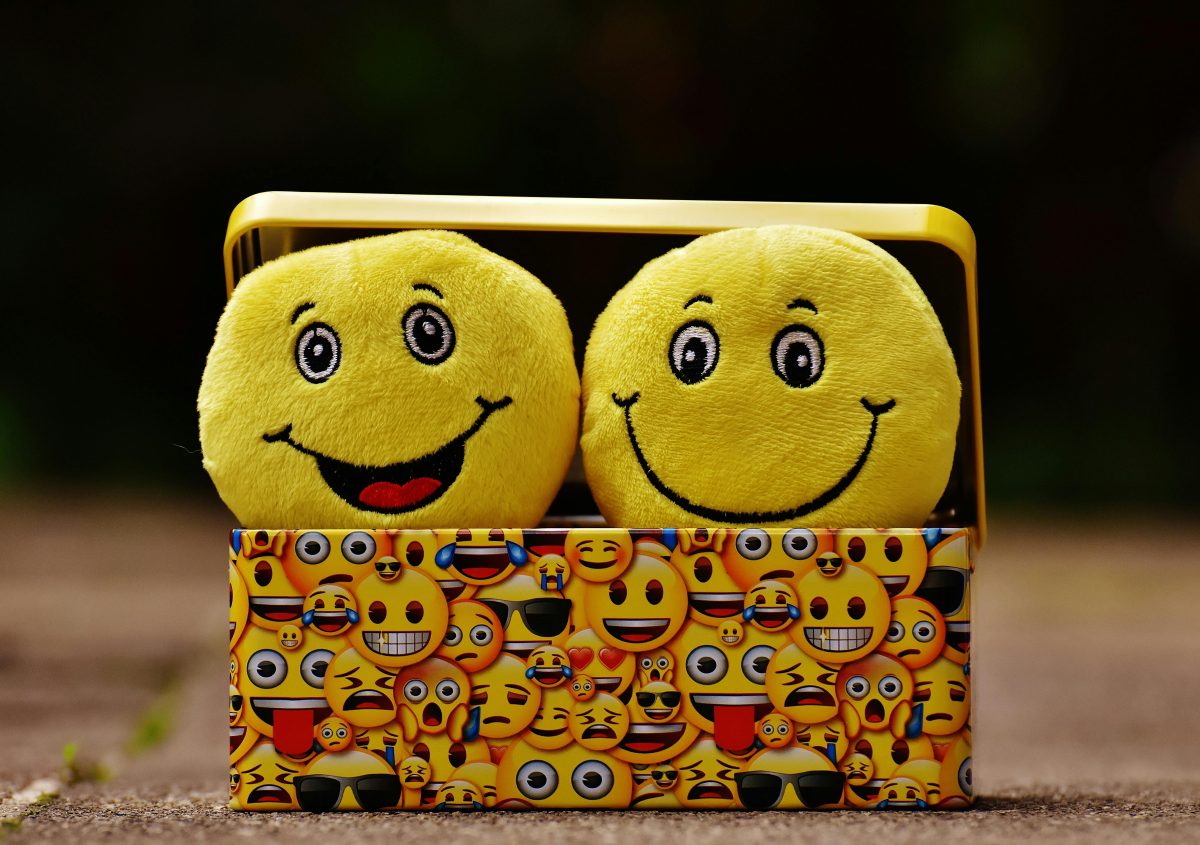
By Yamila García
This year, I fulfilled many dreams. Dreams that sometimes I didn’t even want to admit that I had because they seemed so distant and big that I preferred to deny them rather than face what I believed was the reality of not being able to achieve them. I know that people usually make resolutions for the new year, but I never dared to make them. Maybe it is an aversion to failure, or simply wanting to live without expectations to avoid more pain, considering that life is often quite uncomfortable.
Like many on the spectrum, I was obsessed with a particular topic in science. Mine was space, astronomy, space travel, and the mysteries of the universe in general. I know that NASA is something known by everyone here and around the world today, but when I was little in my country, few knew anything about it. They might know the name, but not much else. I, always against the grain, was obsessed with NASA. Without internet access until my teens, I spent hours in my school library reading every astronomy and astronautics book there was. Later, now being able to access the internet, I spent hours reading about the most current news about launches and projects at NASA. I was fascinated by the videos of the launches at Cape Canaveral. I could draw many of the rockets or space shuttles from memory and in great detail.
This year, almost by chance, I went to the Kennedy Space Center in Cape Canaveral, Florida. All of my little girl feelings came back to me as if they had never left, because they never left, but I had silenced them. I realize that I am doing justice to that girl I was by fulfilling all the dreams she had. This meant a lot to me not only because it was a dream I had when I was a child, but also because life took me there almost without noticing it. I didn’t plan it or look for it, but I never stopped encouraging myself to do things and get out of my comfort zone once again. And that is the reason why I have fulfilled so many dreams lately. Leaving my comfort zone makes me feel like my body is disintegrating from the pain, but it has brought me the greatest joys in my life.








